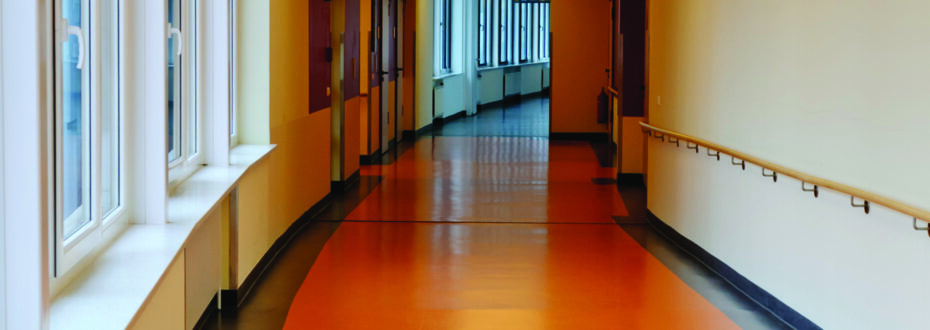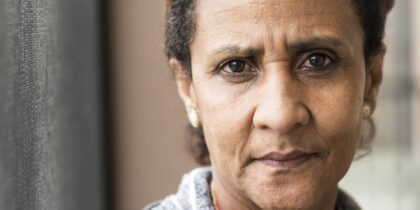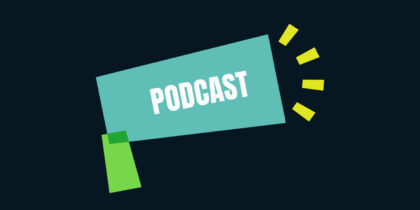The walk from the waiting room to his office seemed interminable. The lights were harsh, and I could hear my shoes squeak on the newly polished floor. He strode in front of me, as doctors do, and for a split second, I wanted to flee. Sensing my anxiety, he turned and broke the silence. ‘The news is good’, he said, waving bits of paper, ‘the chemo has worked’.
A short while later, I honoured my promises and called my sister, my mother, and a handful of friends. They shrieked, cried, and encouraged me to celebrate. Woohoo! I found a bench in the hospital foyer and sat down. I tried to get into the champagne-cork-popping vibe, but in truth I felt nothing. Nothing at all.
In the days that followed, I became distanced from people, and most of all, from myself. I felt a leaden inertia, a slow-mo jet lag, a debilitating shock. I’d been travelling at breakneck speed with little opportunity – or indeed willingness – to think about what was happening. Caught off guard, I was winded by the realisation that I could have died. Equally, I realised that now I had to live. But life would never be the same again. I felt ashamed. My values had altered, my confidence weakened. The unquestioned certainty of my life was forever undermined.
Caught off guard, I was winded by the realisation that I could have died. Equally, I realised that now I had to live… The unquestioned certainty of my life was forever undermined.
Weeks before, despite little time to process the diagnosis, a routine was established, and I quickly fell into its settling rhythm. Each would start with chemo day: The North Circular at rush hour; blood tests; the consultant; and sitting in the chair – the canular fixed in my vein, the bags of cytotoxic suspended above me, their poison dripping slowly into my system.
As well as being technical experts, the doctors, nurses and healthcare assistants were kind and compassionate. At their best, they sat with me, listened, and allowed an unusual and pragmatic intimacy to develop. This did me good. I liked them. And I liked being the centre of attention. In truth, I didn’t think much about what was going on inside of me. It was as if the purpose of the process was the process itself.
I nodded and smiled at other patients. Some looked healthier than I, others looked far sicker. Sometimes we’d chat – pleasantries, the weather, usual stuff. I kind of wanted to make friends of them but doing so would entail accepting a truth I could not yet tolerate. Despite my convoluted denials, I was ill like they were ill. Still, I kept my distance. It mattered not, I was well supported after all. My sister and close friends came and sat with me on chemo days. It was almost fun. We – they, the clinicians, and I – had a task and we were getting on with it, as best we could, together.
I wanted to make friends of them but doing so would entail accepting a truth I could not yet tolerate. Despite my convoluted denials, I was ill like they were ill.
After each chemo came the side effects – nausea and itching, sore mouth and ulcers, discomfort and constipation. I slept a lot, and just as the fog lifted and a little energy returned, it was chemo day again. The routine kept me in check.
The void that followed, despite the success of the treatment, was concerning. I missed the contact with the hospital and felt abandoned. Get well wishes from acquaintances ceased. And I was cut adrift. Fortunately, a chance discussion with a nurse led to a referral to counselling.
In the weekly sessions that ensued, I tried to talk candidly about the shame I felt, the loneliness, my fears. And I slowly rediscovered my confidence. Sometimes I was surprised. Learning how to sleep again, for example, did not answer the big questions about death and life’s purpose that bore down upon me, but helped rebuild my strength, which in turn helped me to cope. There would not be, as my counsellor described it, a ‘big ta-dah!’, but a slow emergence into something new. Patience and self-compassion were key. Some things, quite simply, cannot be rushed.




